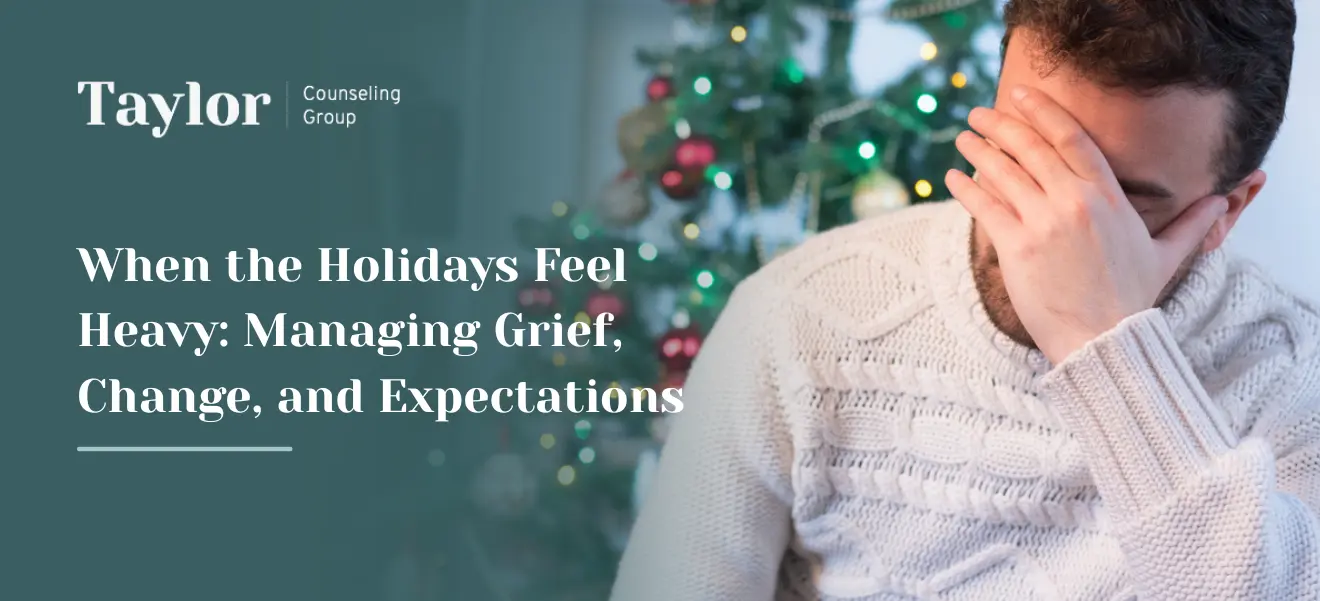Intensive psychological pain may act as an uncomfortable and aching feeling and often experienced physical form. What about is it about these negative feelings that lead us to we carry and reminisce about them, or worse yet allow them to drift toward grumpy, irritable moods?
Someone feeling overwhelmed due to his or her current situation might describe the pain something like “everything is scrambled up; it feels like I’m out of control and it’s difficult if not impossible to concentrate on anything.”
In situations like this, grounding can be a useful tool to address the overwhelming feelings. First off grounding is not merely ignoring the intrusive thoughts and feelings. Instead, it’s an active strategy to disrupt your focus while re-establishing your connection to the external world. In a way,it’s like changing the channel from an extremely upsetting show to something more pleasant.
Grounding is not going remove the overwhelming thoughts and feelings entirely; however, it will help reduce it to a more tolerable level. When you consistently use grounding techniques, you are naming the problem(s) which allows you more clearly see the scope of the issue and begin working to stop it from controlling you. Given enough practice, you will find it easier to be able to acknowledge the problem, identify your reasons for feeling this way and address it in healthier ways.
Do not try to ignore anxiety or pretend it will go away; it is futile to deny it. In attempting to denying it,you can feel like a failure that doesn’t help anything. Instead, acknowledge it the presence of the upsetting feeling(s) and work towards identifying reasons you might be feeling them.
In the next blog, we’ll identify more specific grounding techniques.







